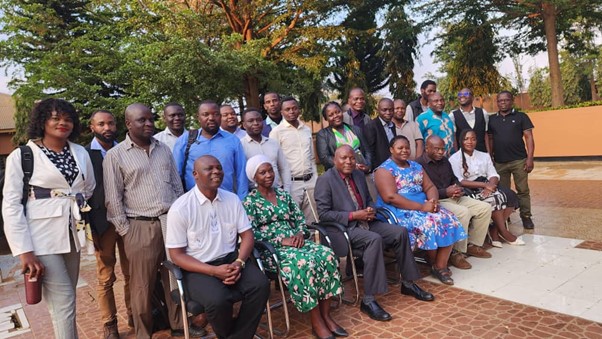
National Genomics Sequencing Reference Laboratory (NGSRL) under Public Health Institute of Malawi (PHIM) is mandated to conduct genome sequencing of all pathogens of public health importance. Genome sequencing is a molecular method that is used to determine the entire genome makeup of a specific organism or cell types. It facilitates detection of mutations and the tracking of transmission patterns back in history. In that way, scientists understand how outbreaks are disseminated from place to place and the possible interventions to be implemented. Genome sequencing, when used in active surveillance, may also help to detect early, pathogens with potential to cause outbreaks… Furthermore, genomic sequencing helps to diagnose and treat diseases.
For NGSRL to standardize its activities, it requires policies and standard operating procedures (SOPs) that guide sequencing procedures. With funding from World Bank, the NGSRL organised a document writing workshop that was held at Linde Hotel in Mponela from 7th to 12th October 2024. The workshop drew scientists from Genomics, Microbiology, Biochemistry, TB, HIV and Parasitology reference Laboratories. The workshop was offiacially opened by The Deputy Director of PHIM responsible for National Public Health Laboratories (NPHL),Mr Joseph Bitilinyu Bangoh.
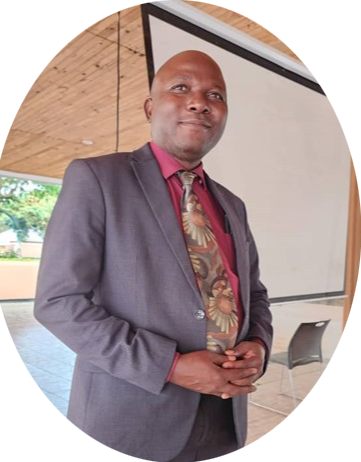
In his opening remarks, he emphasized the need to have SOPs to guide quality services within the laboratory. He pointed out that genomic sequencing laboratories are crucial in facilitating global interventions through epidemiology and disease surveillances. The DD lamented the lack of space for NGSRL at PHIM despite the importance of the laboratory. By inviting laboratory personnel from different sections, NGSRL showed the working harmony within the NPHL. The DD thanked Dr Mirriam Nyenje, the Chief Laboratory Scientist, who is also the head of NGSRL for this gesture and encouraged the heads of other sections to emulate
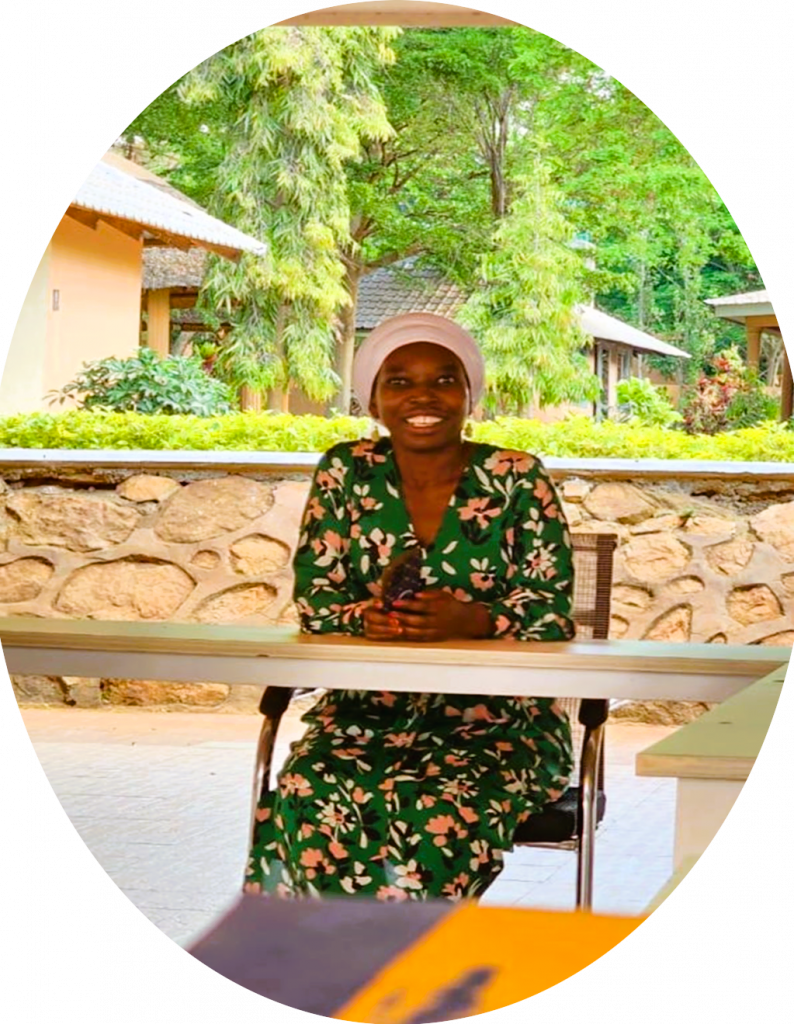
He also thanked Dr Nyenje for the effort she has invested in developing NGSRL for Malawi, taking it from scratch to the level of sequencing outbreak prone pathogens like Vibrio cholera, Tuberculosis, SARs-CoV2, HIV drug resistance, Cox virus 21. The DD re-iterated that he works tirelessly to avail the NPHL with opportunities for NPHL to be a centre of excellence, citing tuberculosis as a low-hanging fruit. At that point, he took opportunity to congratulate Shenton Kacheche and Chifundo Banda for their success in bio-risk management training for southern African countries.
He emphasized that the development of good laboratory documents is a road towards achievement of the center of excellence. He encouraged other NPHL sections like Biochemistry and Parasitology to follow suit in developing documents. He suggested the integration of laboratory staff outside PHIM to the future document writing exercises to facilitate knowledge and skill sharing.
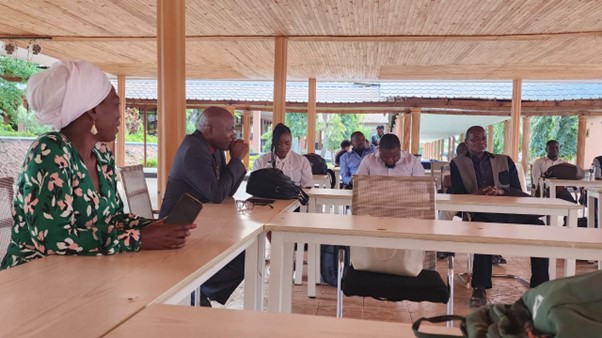
Dr. Mirriam Nyenje echoed the DD’s remarks by thanking the heads of sections of NPHL sections for releasing hardworking members for the job,, She emphasised that documents to be developed will not be for the genomics section only but entire NPHL,whereby others may use them as templates.
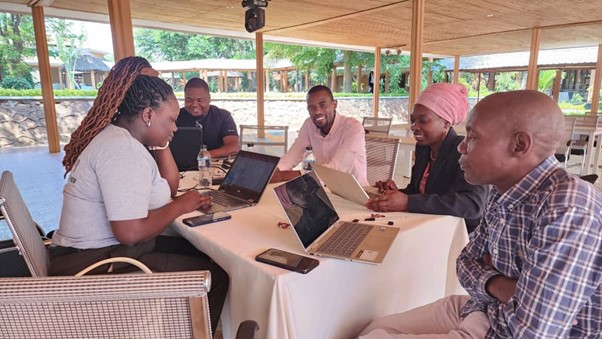
In line with the same, Mr Alex Mwanyongo the Quality Officer for NGSRL humbly told the group to take the remarks from DD and the comments from Dr Nyenje seriously.
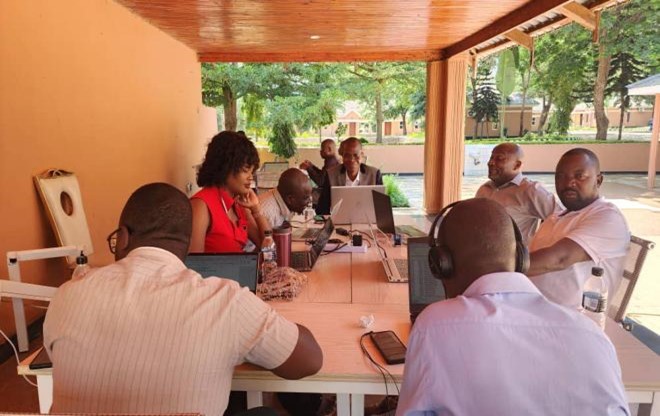
During the document writing process, participants worked on tasks, in groups.Progress of work was shared in plenary,daily.
The documents fully developed included the quality manual, safety manual and mandatory SOPs. The participants promised to continue helping NGSRL develop the rest of the remaining documents.The participants developed 50 per cent of the required documents surpassing the target of 25 per cent. This was hailed as a great achievement.
At the end of the meeting, Dr. Mirriam Nyenje thanked and congratulated the participants for their efforts in helping NGSRL come up with prestigious documents. She encouraged other sections like Biochemistry and Parasitology to quickly follow what NGSRL had achieved.
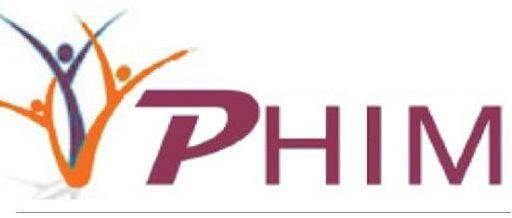
Thus the good way to go and will help us to conduct more studies
Grateful and wonderful development as the department accelerates towards quality services